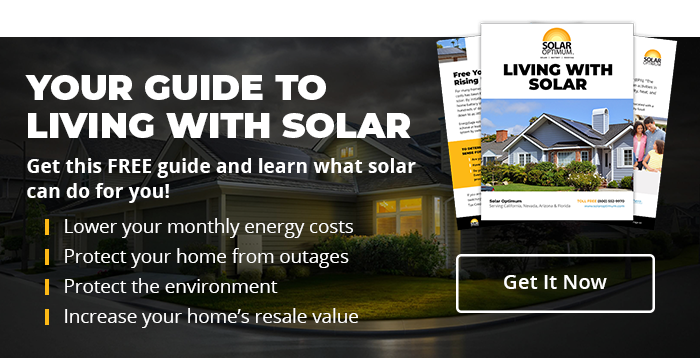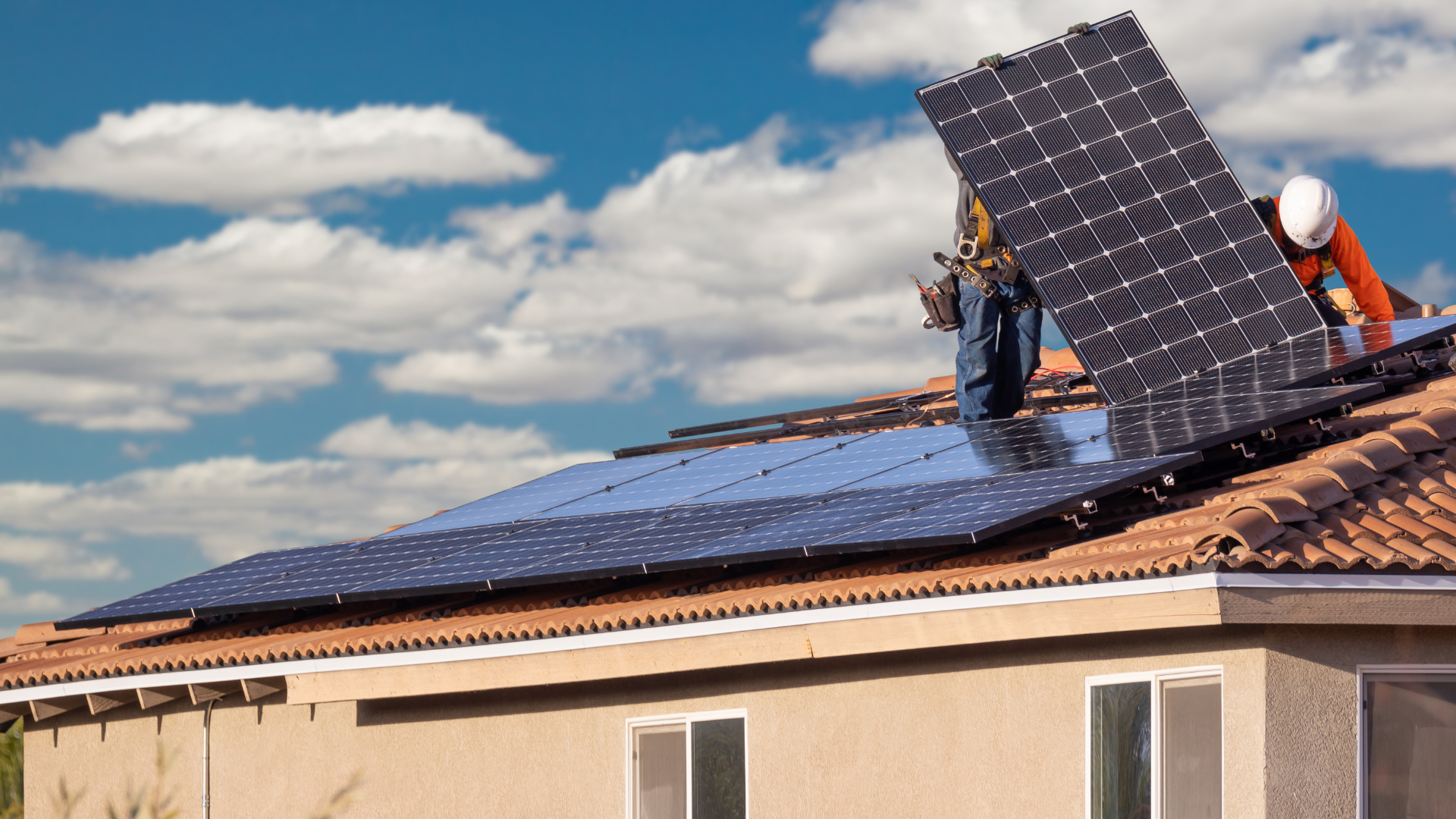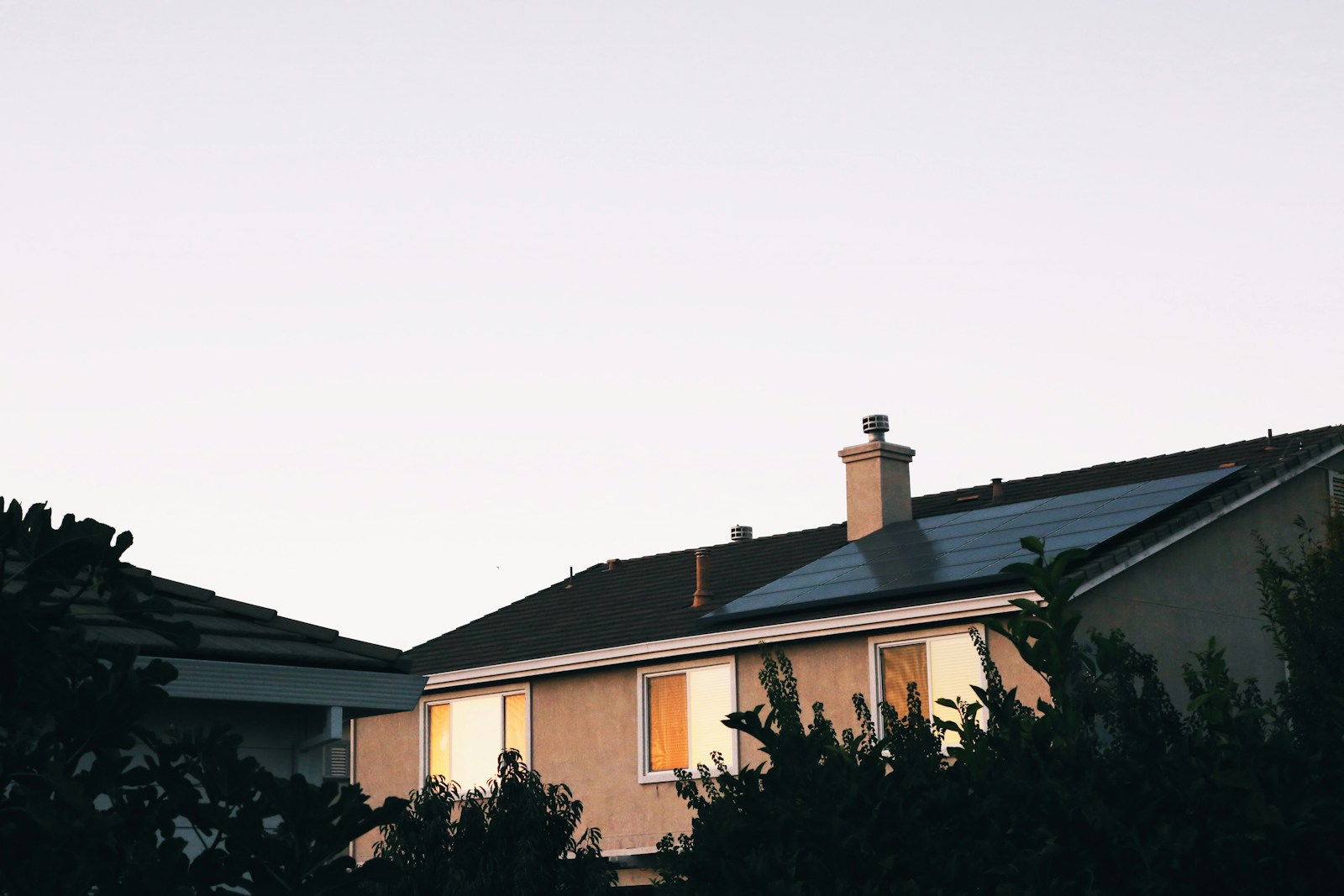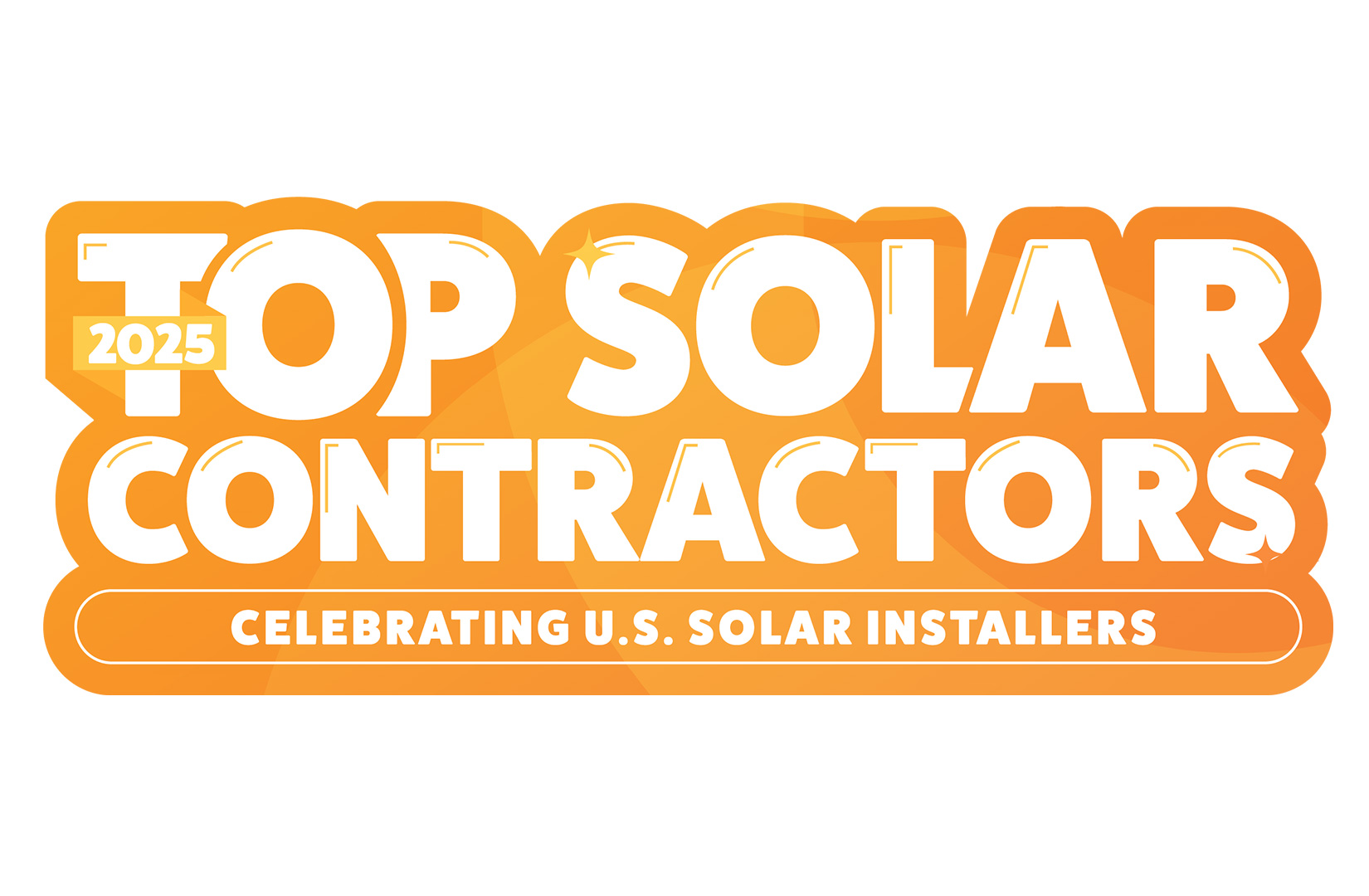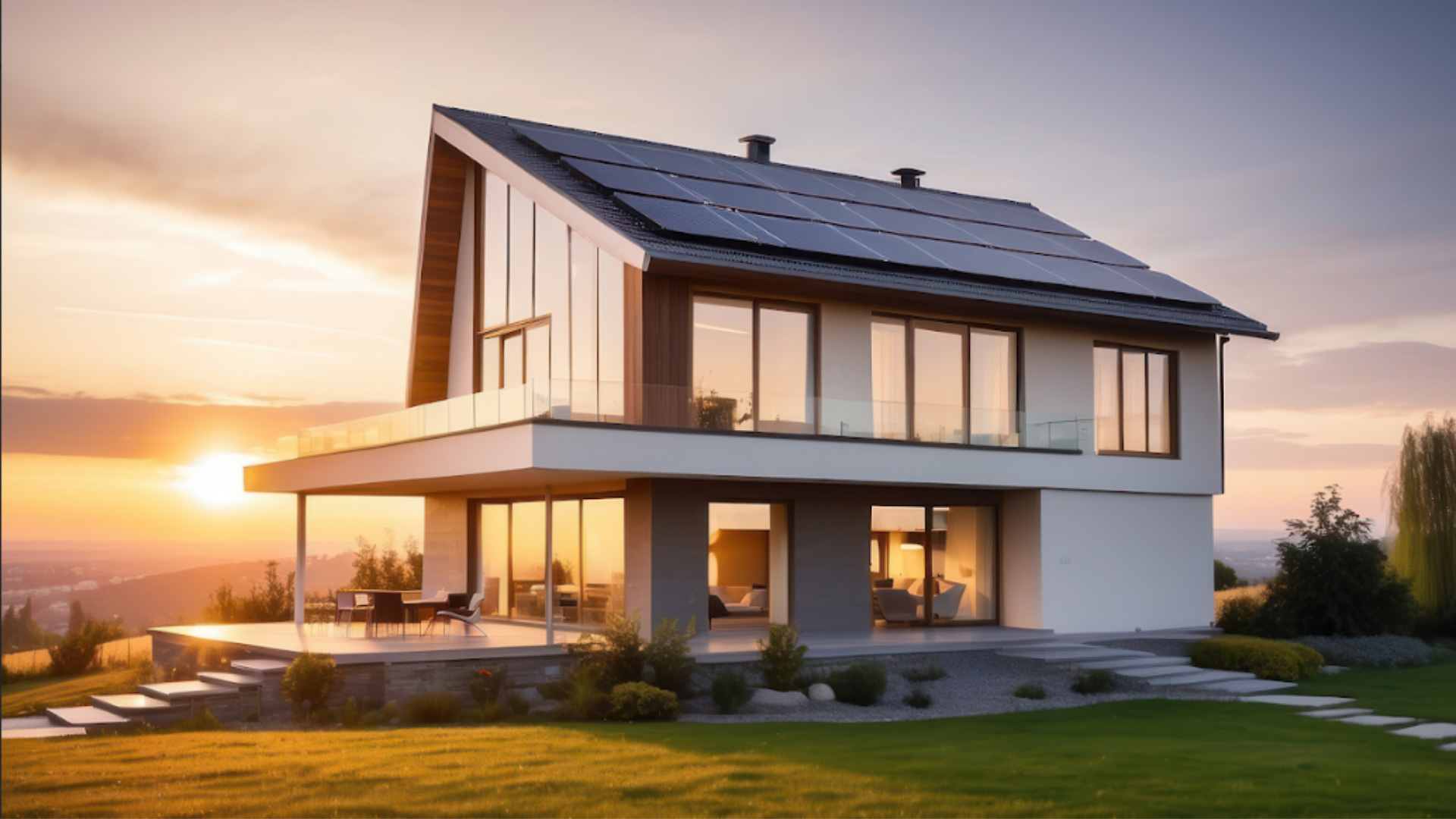If you’ve made home additions such as installing a pool, adding a heat pump, buying an electric vehicle or shifting to remote work, you need a solar panel system that will match your increased energy demands. Since your energy needs exceed your solar energy production, you may be thinking of adding more solar panels. Can you add solar panels to an existing system to meet your energy needs? If yes, is it a good option? Read on to find out.
Is It Worth Adding Solar Panels to an Existing System?
Adding more solar panels may not always be worth it if the existing system already meets your energy needs or if your roof space is insufficient. You will also want to rethink adding solar panels to your system if the cost of adding solar panels outweighs potential energy bill savings. For instance, new panels may not match existing ones and may require a separate monitoring system. You may also have to pay above-market rates to compensate for the hassles of working around an old system. Altering the system could also void your existing installation warranty.
Another instance when it’s best to avoid adding solar panels to an existing system is if local regulations or incentives hinder further expansion. The addition should comply with local requirements, some of which may be difficult or costly. Some regulations, for instance, may require you to obtain a new solar permit, modify the existing system to meet current solar code requirements or carry out a rapid shutdown at the module level. Some states have also eliminated important pro-solar policies, which means you lose your old, generous local solar incentives when you alter your solar setup.
Considerations To Make Before Adding New Panels
Keep the following considerations in mind before adding new solar panels:
Solar Inverter Upgrades
Adding solar panels to your house roof might involve modifying your original system setup. For example, you’ll need to supplement or upgrade your inverter for a system with a string inverter with no additional capacity (unless your solar system has microinverters, then you can install more micro-converters on the new panels instead of replacing the old inverter). You’ll also need a larger inverter if you want to add a battery bank and solar panels.
Net Metering Credits
Net metering earns you credit for the excess energy that you send to the grid. Installing a new panel can change the net metering rate if you were grandfathered into a better system. This means that the new, often less favorable, net metering rules would now apply to you. In the new NEM 3.0 net metering policy, for instance, export rates are down about 75%, meaning that you get less money for the energy you sell back to your utility company compared to the previous NEM 2.0.
Finding a Willing Installer
Some installers may not be willing to risk liability for altering another installer’s setup. Many solar companies are also reluctant to add new panels to an old system to avoid voiding solar equipment warranties, risking code violations or taking responsibility for existing wiring errors and low-quality installations.
3 Alternatives To Adding Solar Panels
If adding more solar panels is not feasible for you, there are other options you can consider.
- Add Battery Storage: Investing in battery storage not only increases your total solar power production but allows you to store for instances of power outages and increases your utility bills if you live in an area with time-of-use electricity rates.
- Reducing Solar Panel Shading: Sometimes, you can increase your solar energy by eliminating shade on your roof by trimming a few branches that cast direct shadows on your panels.
- Upgrading Your Panels: If your roof space is small and you have an older system, the next best option is to replace your solar panel with a higher-efficiency panel.
Find the Best Solar Solution for Your Home
Adding solar panels to your home can be a feasible solution, but it may also come with compromises such as losing local solar incentives. To increase your energy production, consider your energy goals, solar regulations, space constraints, incentives and financial requirements.
Our experts at Solar Optimum can help you determine which solar solution will meet your needs. Contact us today to schedule a consultation and find the best solar energy solution for your home.
